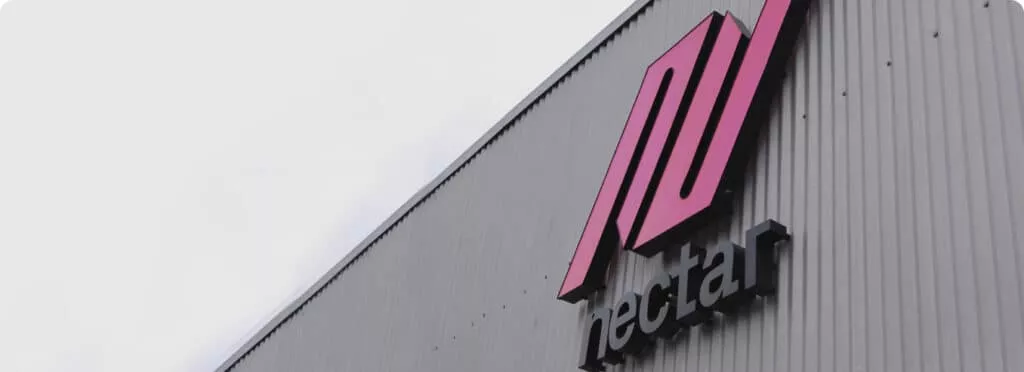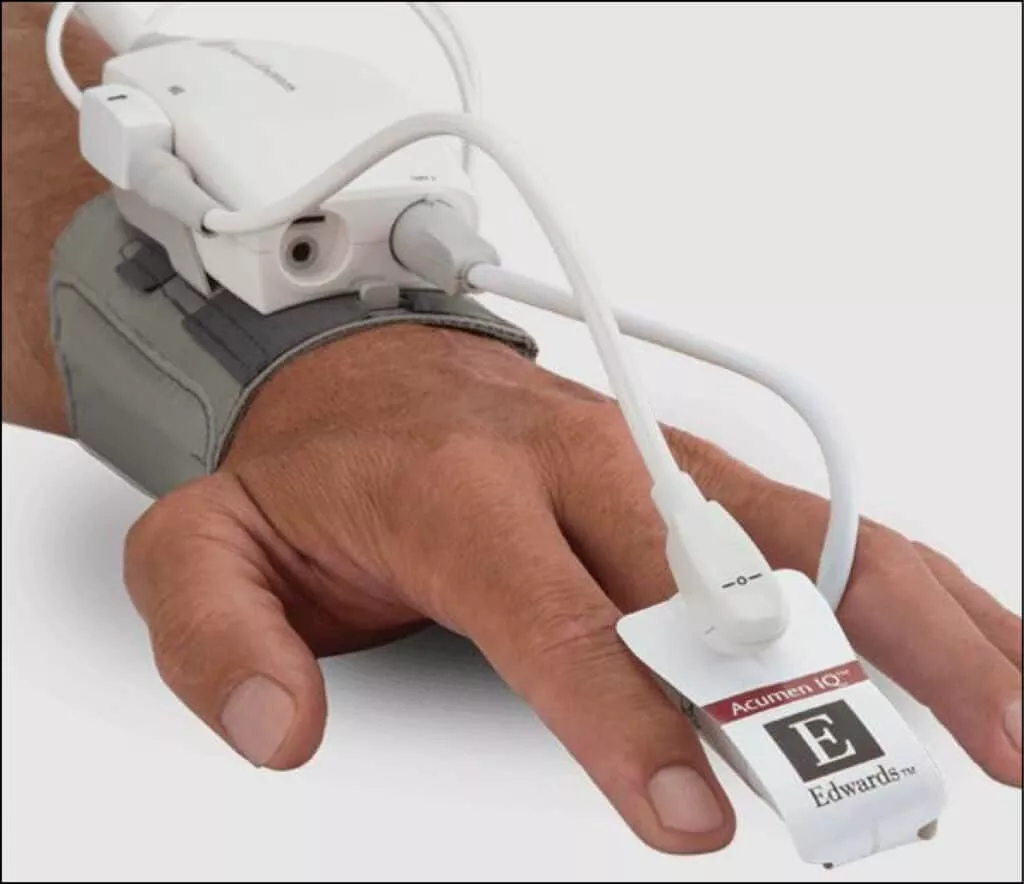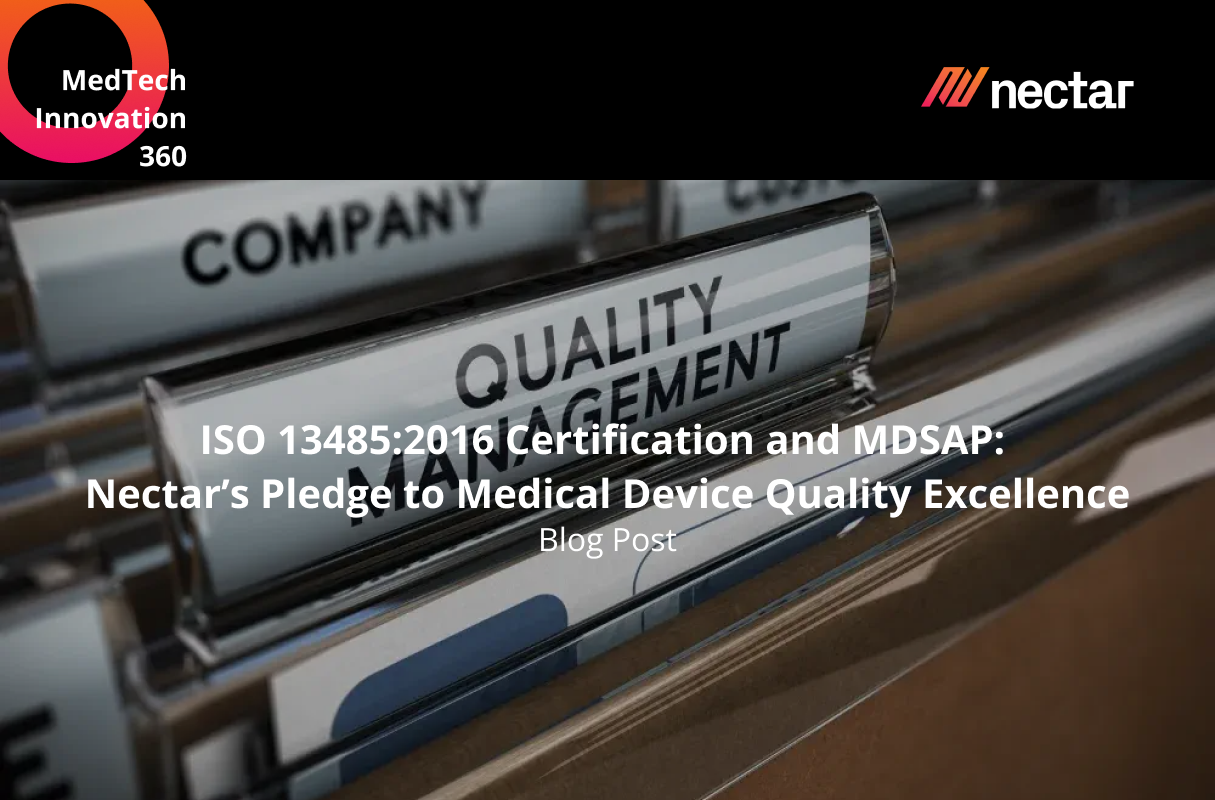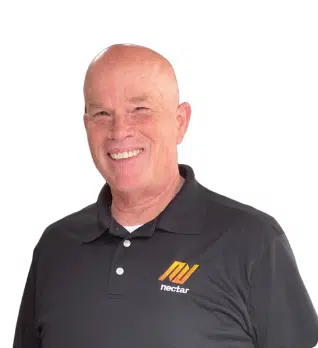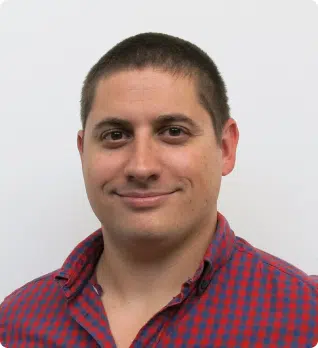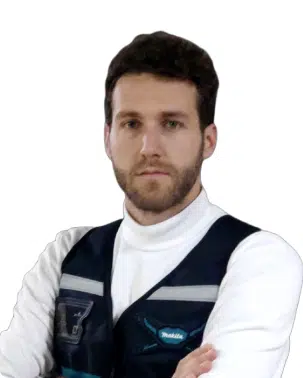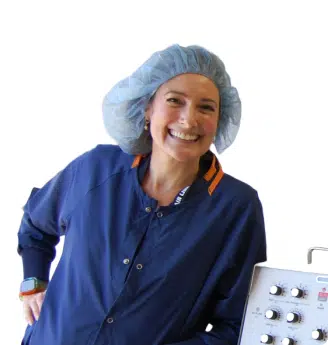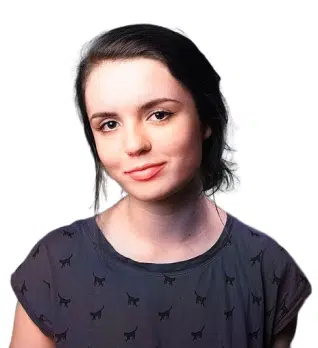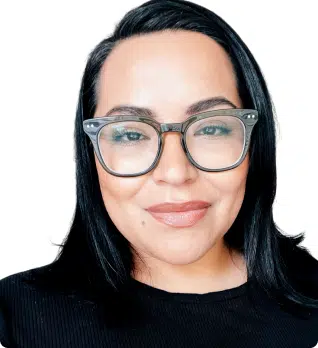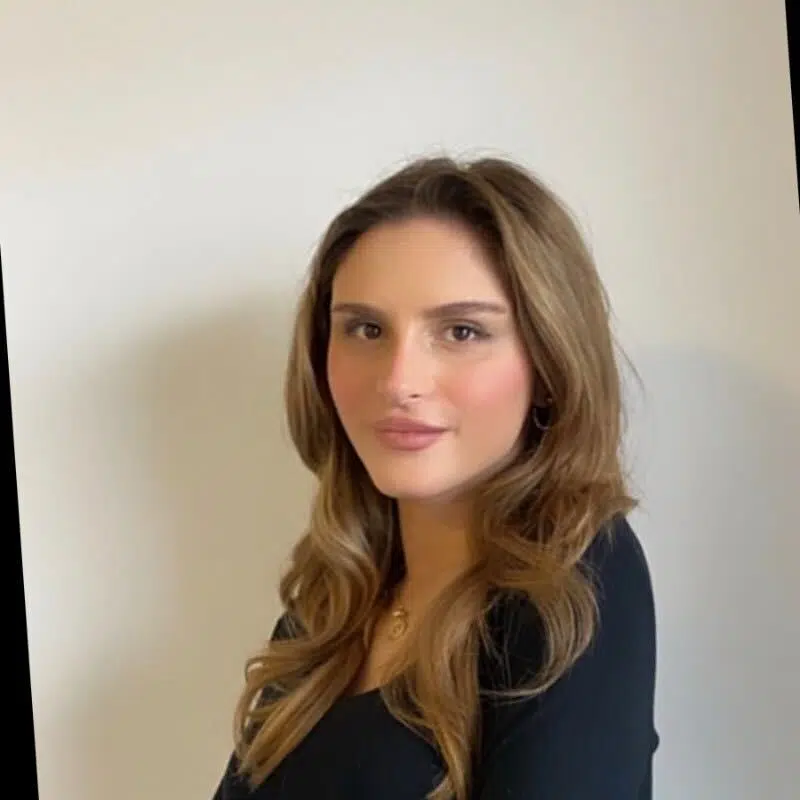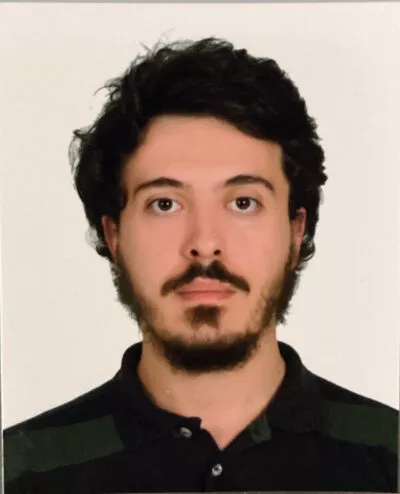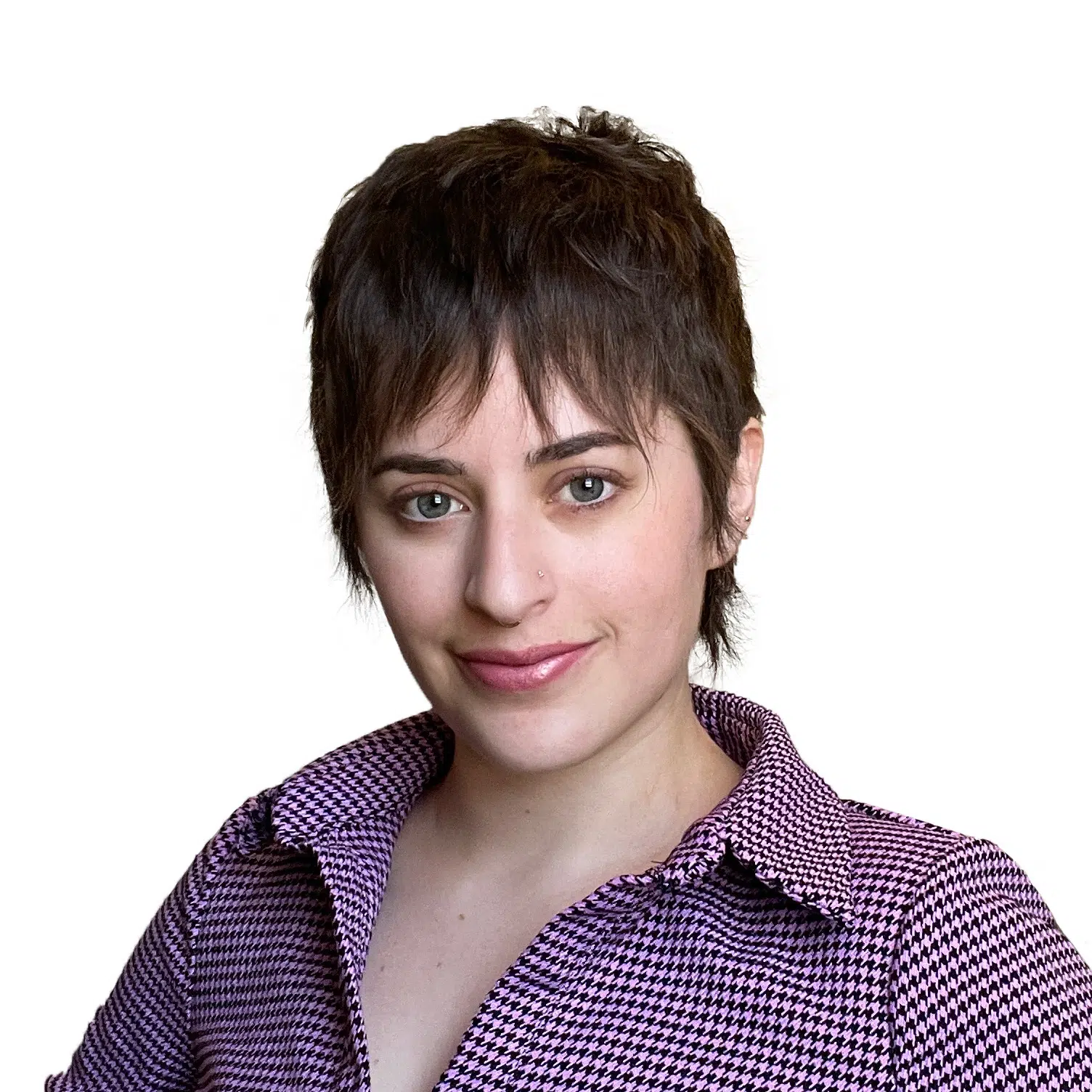
FDA Approval: Medical Device Regulations for Innovation and Patient Safety
Navigating the extensive terrain of medical device regulations is paramount for developers aiming to bring innovative healthcare solutions to market. At the heart of this intricate regulatory maze is the United States Food and Drug Administration (FDA), whose role is critical in maintaining the integrity of the medical industry. The FDA’s comprehensive guidelines and rigorous review processes are designed to rigorously assess and validate the safety and performance of medical devices. This ensures that only devices meeting the highest standards reach the healthcare community and, ultimately, patients. Understanding and adhering to these regulations are not just about achieving compliance; it’s about contributing to the advancement of healthcare technologies and patient care standards. In this dynamic regulatory landscape, manufacturers must stay abreast of the latest updates, leverage guidance documents, and often seek expert consultation to successfully navigate the FDA approval pathway.
The FDA’s Role in Medical Device Approval
The FDA’s approval process stands as a guardian of public health, with its stringent oversight ensuring that medical devices brought to the marketplace are not just innovative but also secure and reliable for patient use. The journey to FDA approval is rigorous and multifaceted, encompassing an array of premarket submissions, exhaustive clinical trials to demonstrate safety and efficacy, and strict adherence to established quality system regulations. Achieving this benchmark of FDA approval signifies a medical device developer’s dedication to excellence and patient safety. It’s a testament to the device’s quality and the manufacturer’s commitment to meticulous development practices and robust quality management. This milestone is crucial, as it not only underscores the trustworthiness of the device but also enhances its credibility among healthcare providers and patients alike, facilitating a smoother transition into the competitive medical market.
Understanding FDA Regulatory Pathways
Medical device developers must navigate through various FDA regulatory pathways. These include 510(k) clearance, which is required for devices that are substantially equivalent to existing approved devices; premarket approval (PMA), which is for new or high-risk devices; and the De Novo pathway, for low-to-moderate-risk devices that do not have a clear precedent.
The Criticality of ISO Certification in Medical Device Manufacturing
In addition to FDA regulations, developers must also consider international standards, such as those from the International Organization for Standardization (ISO). ISO 13485 certification is particularly relevant, as it specifies requirements for a comprehensive quality management system for the design and manufacture of medical devices.
Incorporating ISO 14971 for Risk Management
ISO 14971 is more than just a standard; it’s an integral part of a proactive risk management strategy that’s deeply embedded in the medical device development lifecycle. This critical component is indispensable for manufacturers aiming to navigate the complex landscape of medical device safety. By adhering to ISO 14971, manufacturers are equipped with a systematic approach to risk management, beginning with the identification of potential hazards associated with their devices.
Risk analysis under ISO 14971 goes beyond simple identification; it requires manufacturers to estimate and evaluate the associated risks in context, considering both the probability of occurrence and the potential severity of harm. This evaluation becomes the foundation for implementing risk control measures. The controls could range from design changes to enhance safety to incorporating alarm systems that alert users of potential issues.
However, risk management doesn’t stop at implementing controls; it’s a cyclical process that requires ongoing monitoring and review. Manufacturers must consistently assess the effectiveness of their controls, ensuring that risks are mitigated to the lowest possible level. Furthermore, the standard mandates post-market surveillance, a critical step where manufacturers monitor the performance of their medical devices once they are in the hands of users. This feedback loop allows manufacturers to continually improve safety and effectiveness, making risk management a dynamic and evolving process.
The application of ISO 14971 extends to all stages of a medical device’s lifecycle. From conception through design, development, production, and post-market activities, each phase benefits from the structured approach to identifying and managing risks. This comprehensive view ensures that risk management is not an afterthought but a core aspect of quality and safety in medical device production.

Leveraging pFMEA for Proactive Risk Assessment
Process Failure Mode and Effects Analysis (pFMEA) takes risk management to the operational level, offering a meticulous method for scrutinizing every step in the medical device manufacturing process. It empowers developers and manufacturers to preemptively identify where and how a process might fail, which is paramount in ensuring the reliability of medical devices.
Employing pFMEA involves assembling a cross-functional team that brings a variety of perspectives and expertise. This team methodically breaks down processes to their most granular levels, scrutinizing each step for potential failure modes. For each failure mode identified, the team assesses the effects and causes, leading to a risk priority number (RPN) that quantifies the risk associated with each potential failure.
But pFMEA is not just about assigning numbers to potential problems; it’s about taking action. The process prompts the team to devise strategies to reduce or eliminate risks, prioritizing actions based on the severity, occurrence, and detectability of each failure mode. This preemptive action is critical in the medical device industry, where the cost of failure can be immeasurably high—not just in financial terms but more importantly, in terms of patient safety.
Moreover, pFMEA is a living document that evolves with the device’s lifecycle. As processes change or new information comes to light, the pFMEA must be updated to reflect the current state of the process. This continuous improvement loop ensures that risk assessment is always current and relevant, contributing to the overall robustness of the medical device.
By leveraging the thoroughness of pFMEA, medical device developers can anticipate potential issues and engineer resilience into their devices. This proactive approach to risk assessment aligns with the principles of ISO 14971 and underscores a commitment to excellence in device safety and quality.
Incorporating ISO 14971 and pFMEA into the medical device development process represents a dual commitment to safety and quality. It demonstrates to regulators, partners, and end-users that a manufacturer prioritizes risk management not just for compliance, but as a fundamental corporate ethos. In an industry where the end product affects human lives, this commitment is the cornerstone of trust and reliability in medical technology.
MDSAP: Streamlining International Regulatory Approval
The Medical Device Single Audit Program (MDSAP) allows the conduct of a single regulatory audit of a medical device manufacturer’s quality management system that satisfies the requirements of multiple regulatory jurisdictions. MDSAP is especially beneficial for companies looking to market their devices globally, as it streamlines the auditing process across different countries.
Conclusion: Excelling in Medical Device Development
The journey of bringing a new medical device to market is fraught with challenges, but with the right knowledge and resources, developers can navigate this path successfully. Companies like Nectar play a pivotal role in this process, offering expertise and support in managing the intricacies of FDA regulations, ISO certification, and overall development strategy.
Contact Nectar for Expert Guidance in Medical Device Development
Are you embarking on a medical device development project and need expert guidance? Contact Nectar today for assistance. Our seasoned team is equipped to help you navigate the regulatory landscape and bring your innovative medical devices to market with confidence.
By integrating the essential considerations of FDA regulations, ISO standards, and a strong focus on risk management, medical device developers can ensure their products meet the highest standards of safety and efficacy. This comprehensive approach is not just about achieving regulatory compliance; it’s about committing to the highest quality in healthcare innovation.
